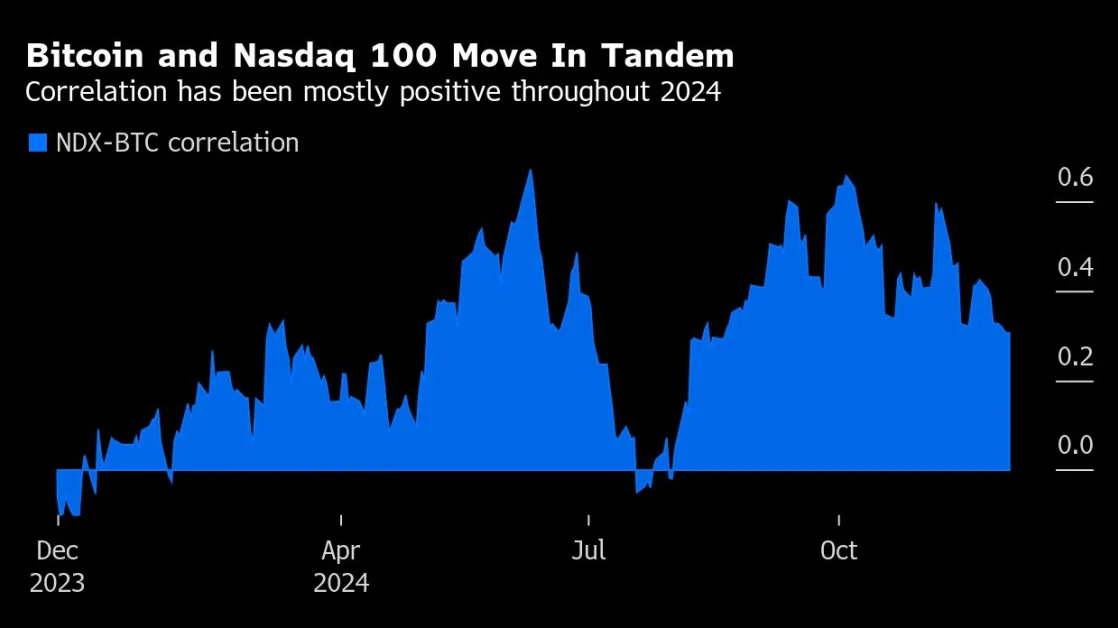Neurogene’s stock has dropped by nearly 35% in pre-market trading after a patient in its Rett syndrome gene therapy trial suffered a serious adverse event (AE).
The clinical-stage company announced that the third patient in the high-dose cohort suffered a serious AE associated with known risks of AAV gene therapy in the Phase I/II Rett disease trial (NCT05898620).
The company’s stock price collapsed by 34.8% in pre-market trading today (12 November) compared to the market close on Monday.
Rett syndrome is a rare genetic disorder that affects brain development, resulting in severe mental and physical disability. It is estimated to impact around 1 in 10,000 girls born each year and is rare in boys.
Neurogene’s open-label trial is designed to evaluate the NGN-401 gene therapy for the treatment of female paediatric patients with Rett syndrome. The investigational AAV9 gene therapy is being developed as a one-time treatment for Rett syndrome and acts by delivering the full-length human MECP2 gene under the control of Neurogene’s EXACT transgene regulation technology.
Despite the AE concern related to the patient, the company announced positive safety and efficacy data from the first four patients treated in the low-dose cohort. The first four patients, aged between four and seven, showed consistent, concordant, and durable improvements across key Rett syndrome assessments.
All patients achieved a “much improved,” or score of 2 on the clinician-rated Clinical Global Impression Scale of Improvement (CGI-I) from baseline - a score of less than 3 is considered clinically meaningful.
All patients also improved in the caregiver completed Rett Syndrome Behaviour Questionnaire (RSBQ) and acquired skills and developmental milestones in one or more core clinical domains of Rett syndrome. New skills and milestones have increased and deepened over time in patients.
Interim safety data from seven patients, not including the patient who recently suffered a severe adverse event, was positive, with the therapy overall well-tolerated .
Off the back of the positive data, the company has initiated an adolescent/adult cohort to the study to gain initial data on the potential of NGN-401 to treat a broader patient population.
Neurogene is now planning a registrational trial for the therapy, with the trial design to be announced in H1 2025. Additional interim data from the Phase I/II study is expected in H2 2025.
NGN-401 was selected by the US Food and Drug Administration (FDA) for its START Pilot Program. It also received Regenerative Medicine Advance Therapy (RMAT) designation, orphan drug designation, Fast Track designation and rare paediatric designation from the agency.
In Europe, the therapy received orphan designation and advanced therapy medicinal product designation from the European Medicines Agency (EMA). The therapy also received Innovative Licensing and Application Pathway (ILAP) designation from the UK Medicines and Healthcare products Regulatory Agency (MHRA).
Recently, questions have been asked about whether the endpoints in Rett syndrome trials are sufficient .
In the same announcement, the company also said it was dropping its CLN5 Batten disease gene therapy programme, investigating NGN-101, after its RMAT application to the FDA was declined.
"Neurogene’s stock sinks after adverse event with Rett syndrome gene therapy" was originally created and published by Clinical Trials Arena , a GlobalData owned brand.
The information on this site has been included in good faith for general informational purposes only. It is not intended to amount to advice on which you should rely, and we give no representation, warranty or guarantee, whether express or implied as to its accuracy or completeness. You must obtain professional or specialist advice before taking, or refraining from, any action on the basis of the content on our site.





